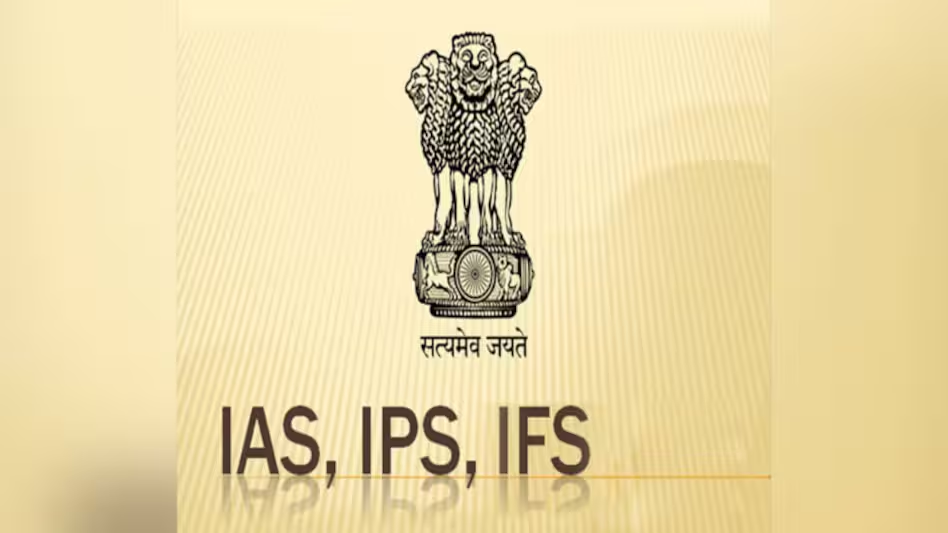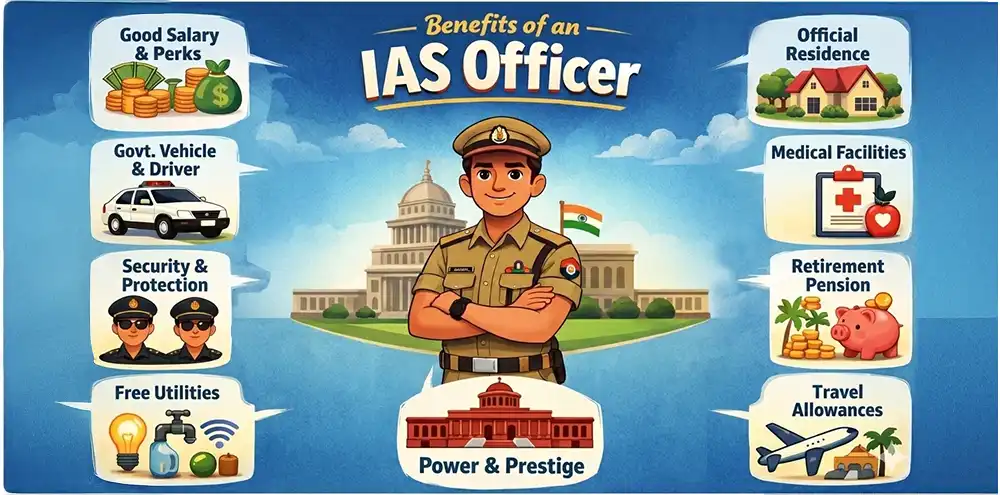Font size:
Print
Financial Literacy: Empowering Women for a Secure Future
Context:
World Economic Forum’s Longevity Economy Principles report shows that inclusive financial ecosystems promote individual decision-making freedom, and empowering women through financial literacy can lead to a more secure future.
Financial Literacy:
- It is a combination of awareness, knowledge, skill, attitude and behaviour necessary to make sound financial decisions and ultimately achieve individual financial well-being. (OECD Recommendation on Financial Literacy, 2020).

Global and National Statistics
- Women earn 23% less than men on average and lose significant wealth till they reach retirement due to career interruptions and caregiving responsibilities.
- This gap is exacerbated by unpaid caregiving responsibilities, leading to financial insecurity in retirement.
- By 2050, the global population over 60 is projected to more than double from 1 billion in 2020 to 2.1 billion, highlighting the urgent need for strategic ageing approaches.
- Global Gender Gap report ranks India 129th in 2024. As of 2024, India closed 64.1% of its gender gap.
Importance of Financial Literacy for Women
- Only 33% of the global population is financially literate, with lower rates for women.
- Financial literacy is crucial for restructuring lives to accommodate longer lifespans.
- Women live longer than men, often facing 38 years post-retirement to fund, but accumulate less wealth, affecting financial freedom & security in retirement.
- They also face a longer retirement period to fund, often with less wealth accumulated during their working years.
- Financial literacy is crucial for women to make informed decisions, as noted by the World Economic Forum’s Longevity Economy Principles report.
- Access to financial education and investment in services and opportunities for women can address deep systemic inequalities.
The Burden of Change and Systemic Support
- Women aged 65 and above receive 26% less retirement income than men.
- Women have only 77% of the legal rights of men and also earn less, necessitating policy and industry focus on financial literacy.
- Typically, balances of women in retirement are 30-40% less than men across the globe.
- For example, in Europe the gender pension gap varies between different countries, ranging from 4% to 49%, but more than half have a gap of 30% or greater.
- Situation is even worse in developing countries where over half of working women are working in the unstable informal economy without pension plans.
Benefits of Women’s Financial Literacy
- Closing gender employment gaps could boost GDP per capita by 20%. Women’s financial literacy benefits the entire economy.
- Improving financial literacy among women will contribute to India’s USD 5 trillion economy goal by empowering more women to start/expand their businesses.
- Financially empowered women invest more in their families’ health, education, and well-being, strengthening the community.
- Promoting financial literacy among girls and young women empowers future generations to make informed financial decisions.
Initiatives Taken by Government to Improve Financial Literacy:
- Since 2016, the Reserve Bank of India (RBI) has observed Financial Literacy Week annually to promote financial education.
- Theme for 2024 is Make a Right Start: Become Financially Smart
- SEHER Program: To increase awareness among women entrepreneurs in India about finances and accessing and managing credit.
- The Financial Education Programme for Adults (FEPA) was launched by the National Centre for Financial Education (NCFE) in 2019.
- Financial Education Training Program is an initiative of NCFE for providing unbiased personal financial education to people and organisations.
- The Aspirational District Programme has a focussed approach on financial inclusion and skill development.
- The Financial Stability and Development Council (FSDC) set up by the Government in December 2010 focuses on financial literacy & financial inclusion.



